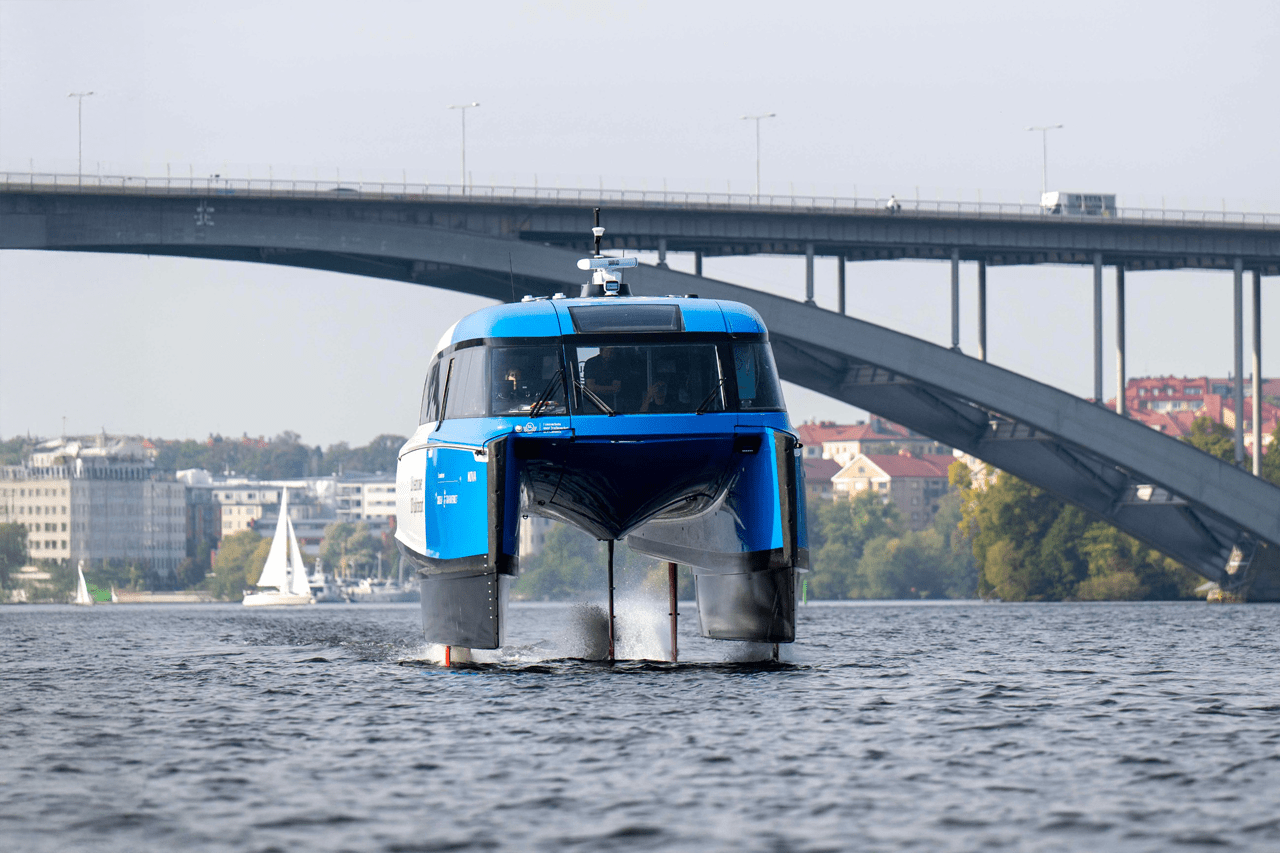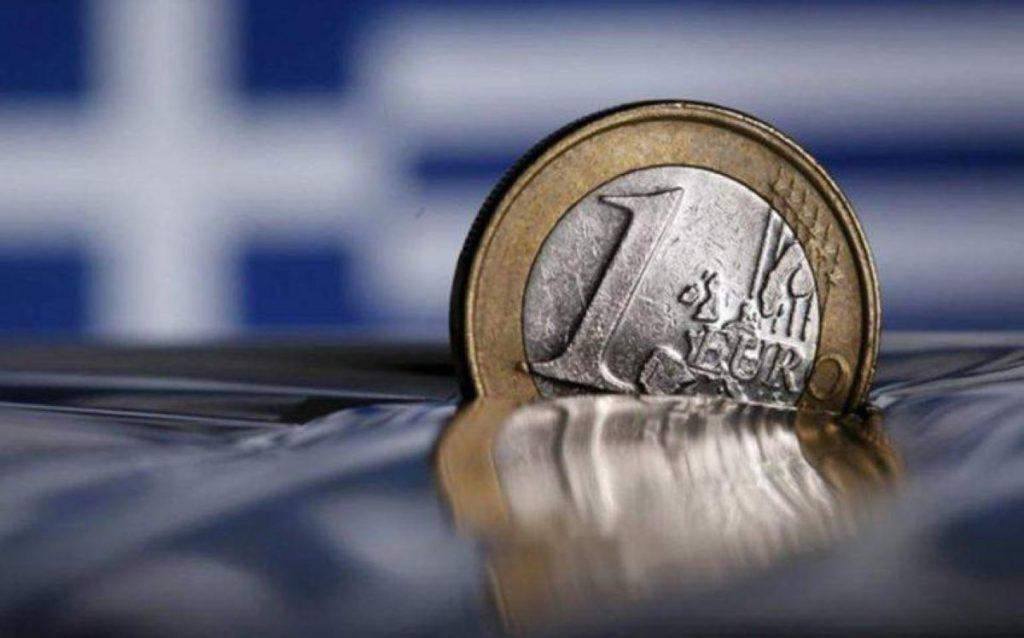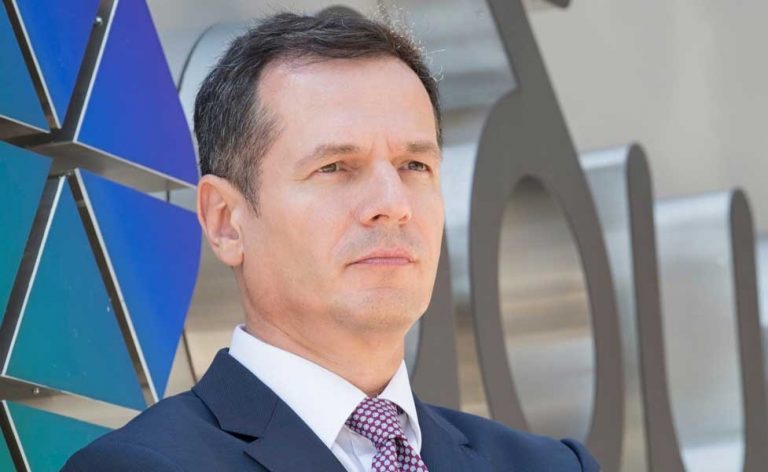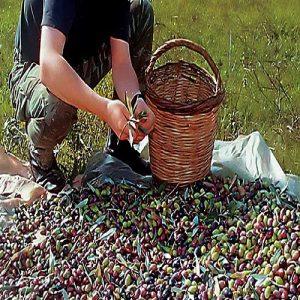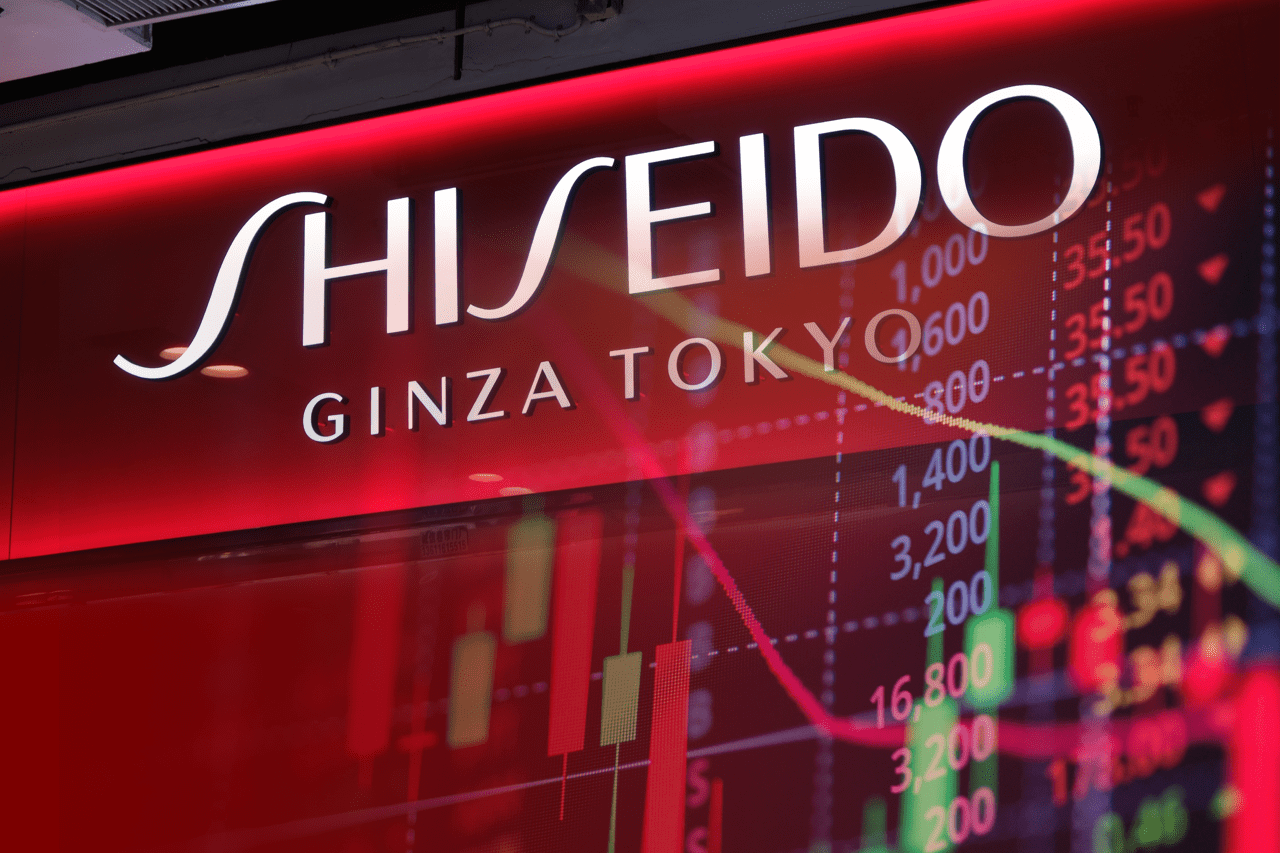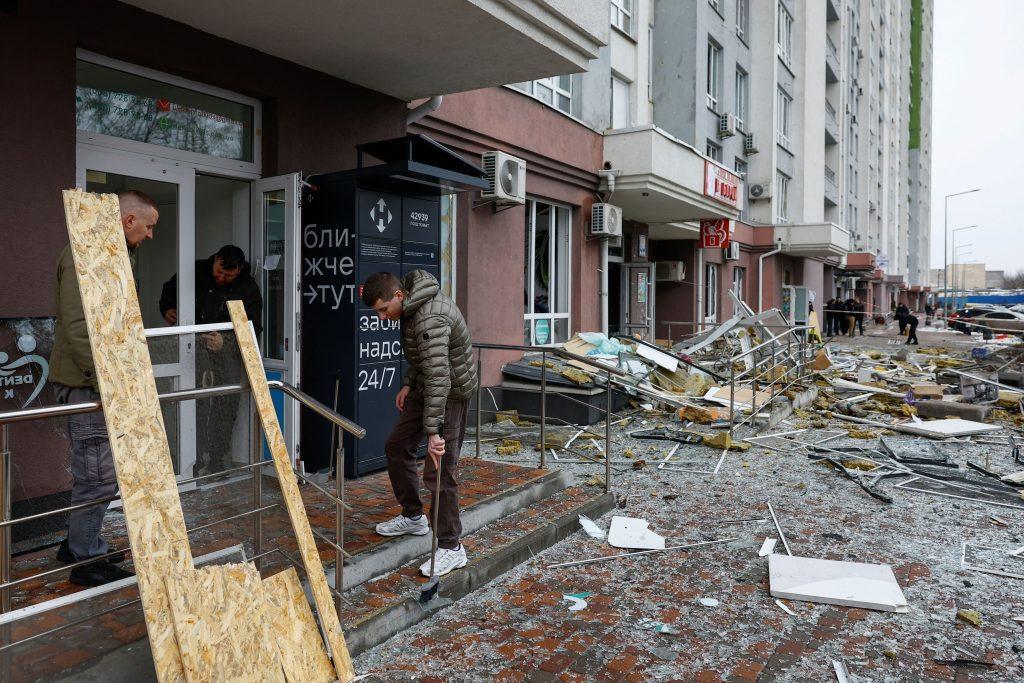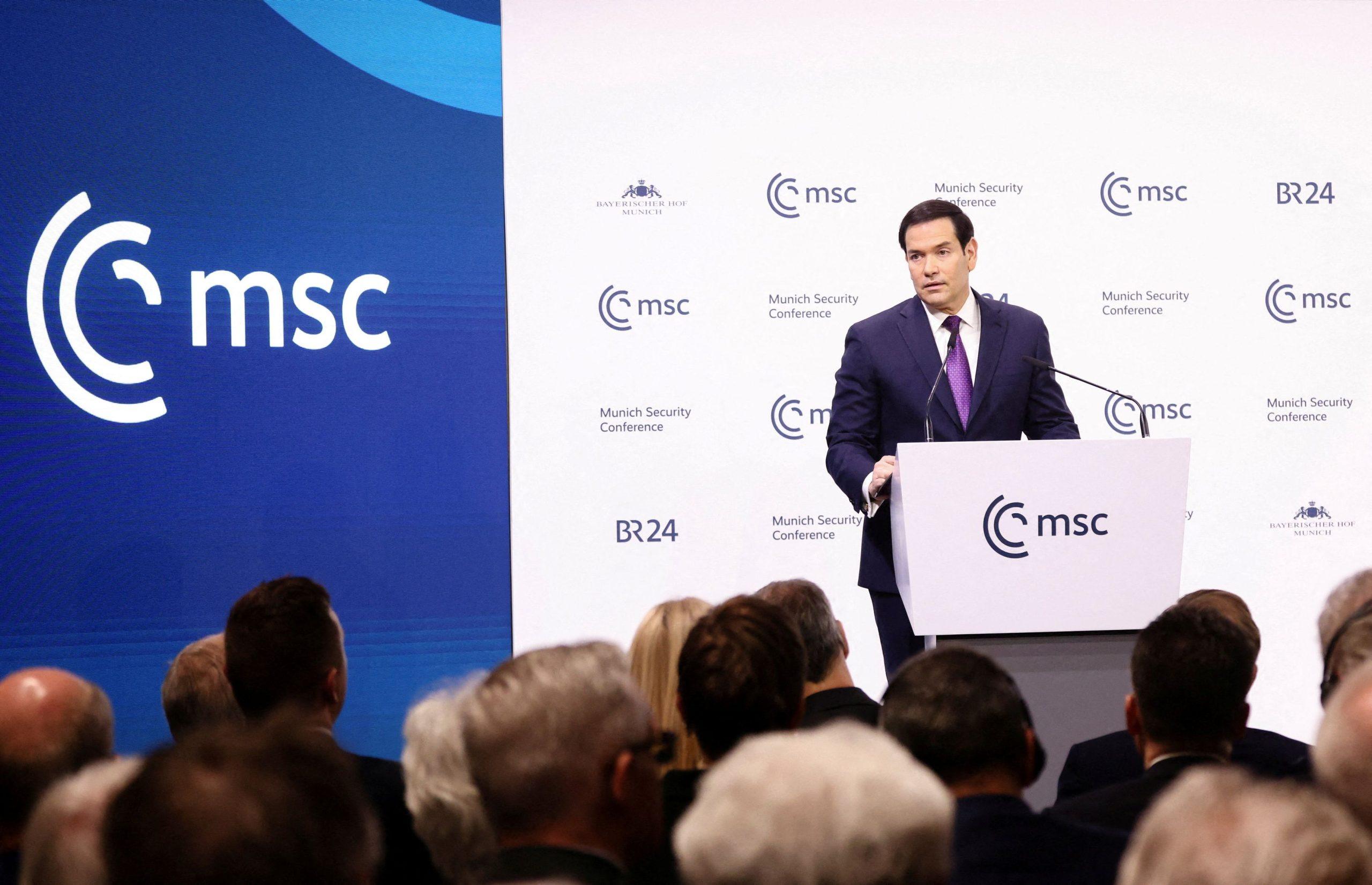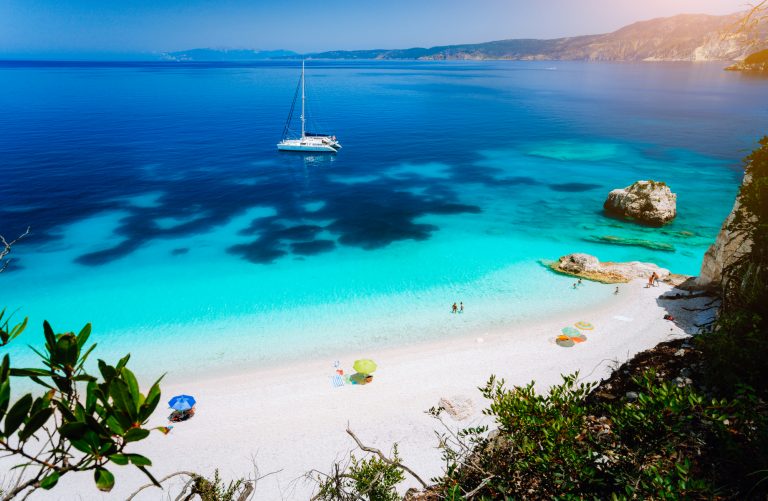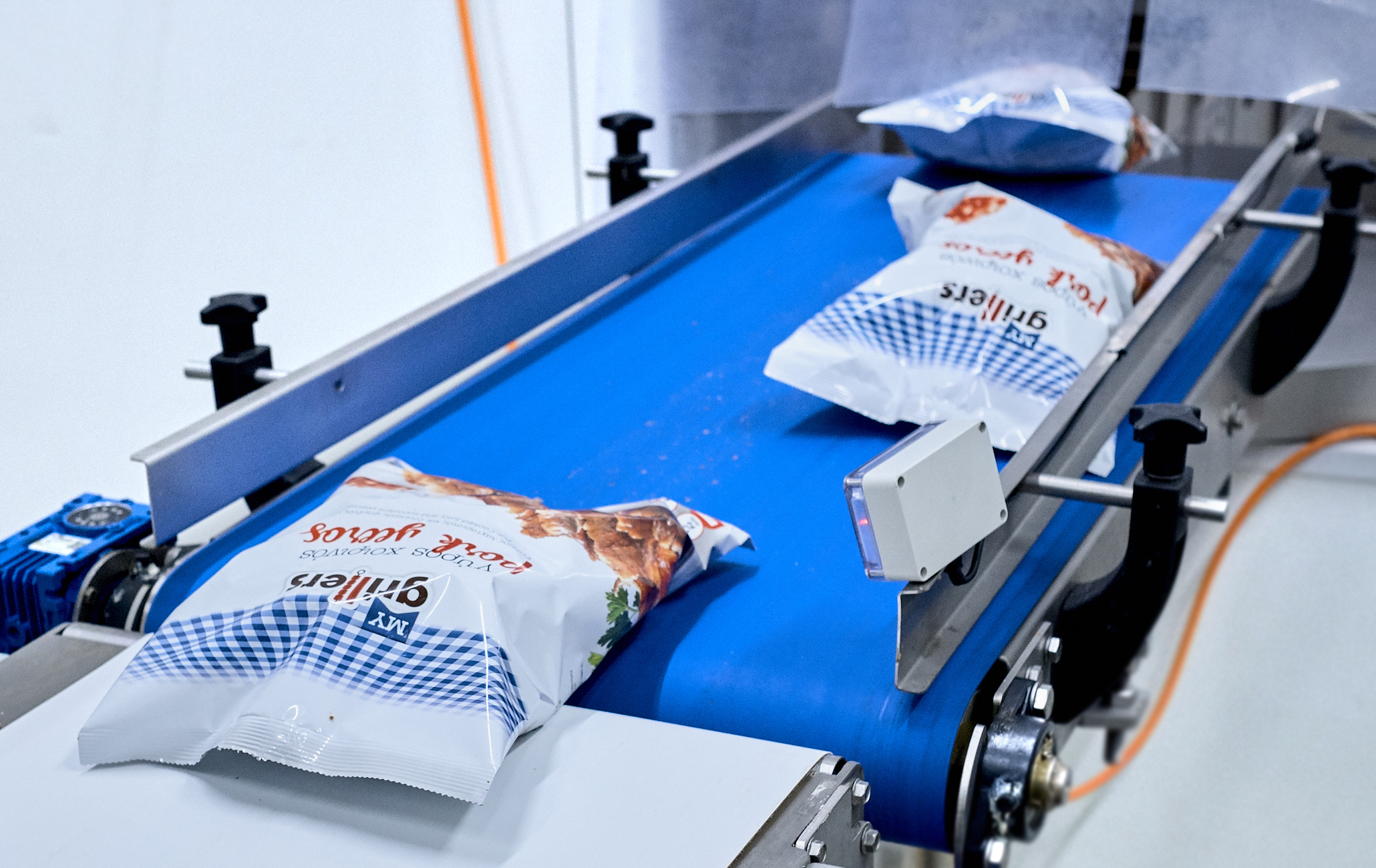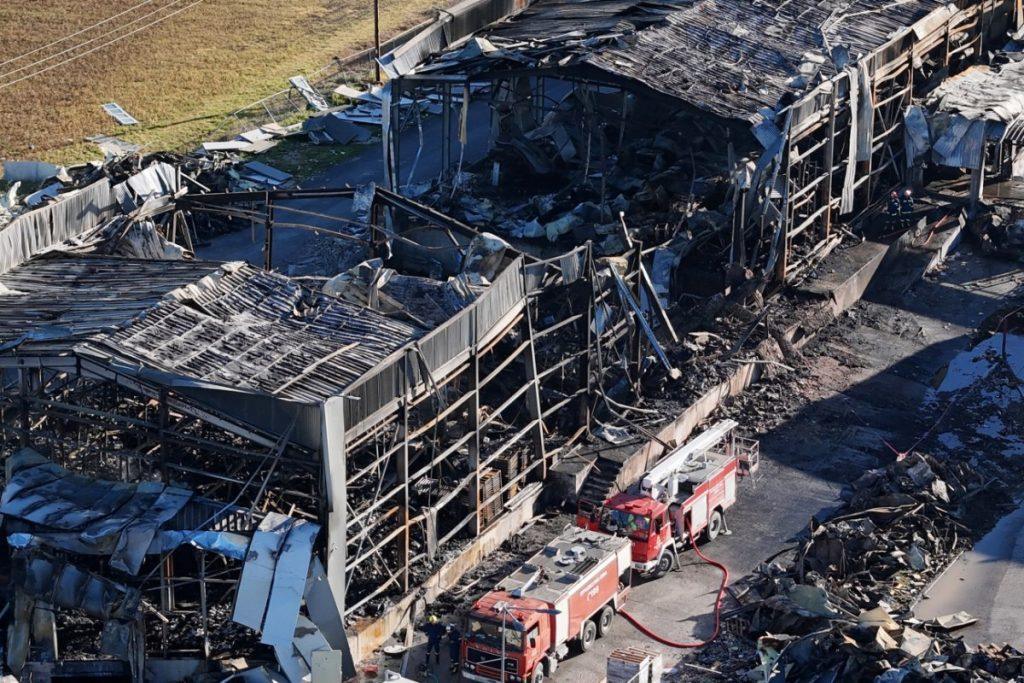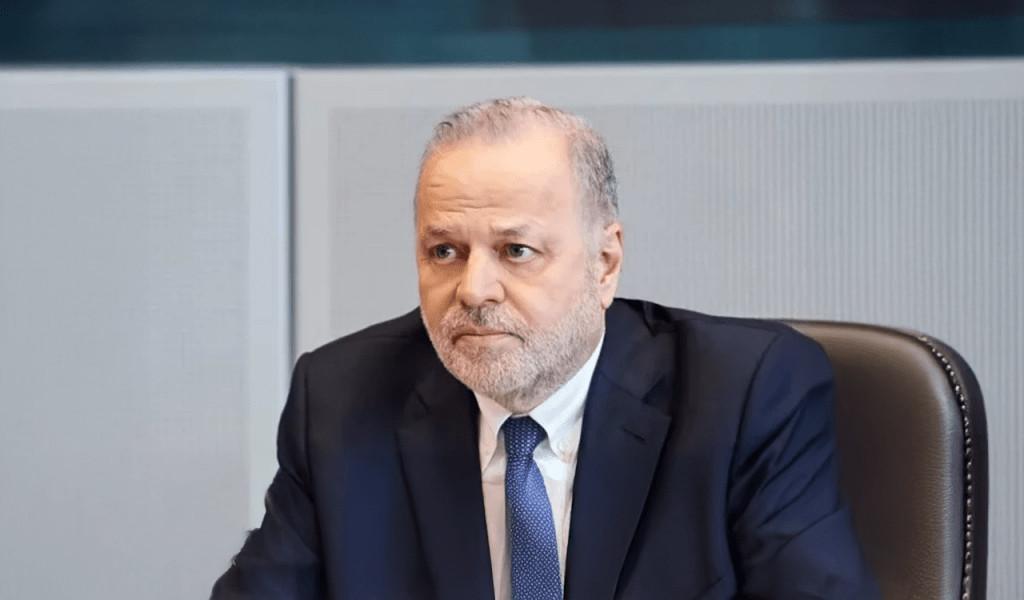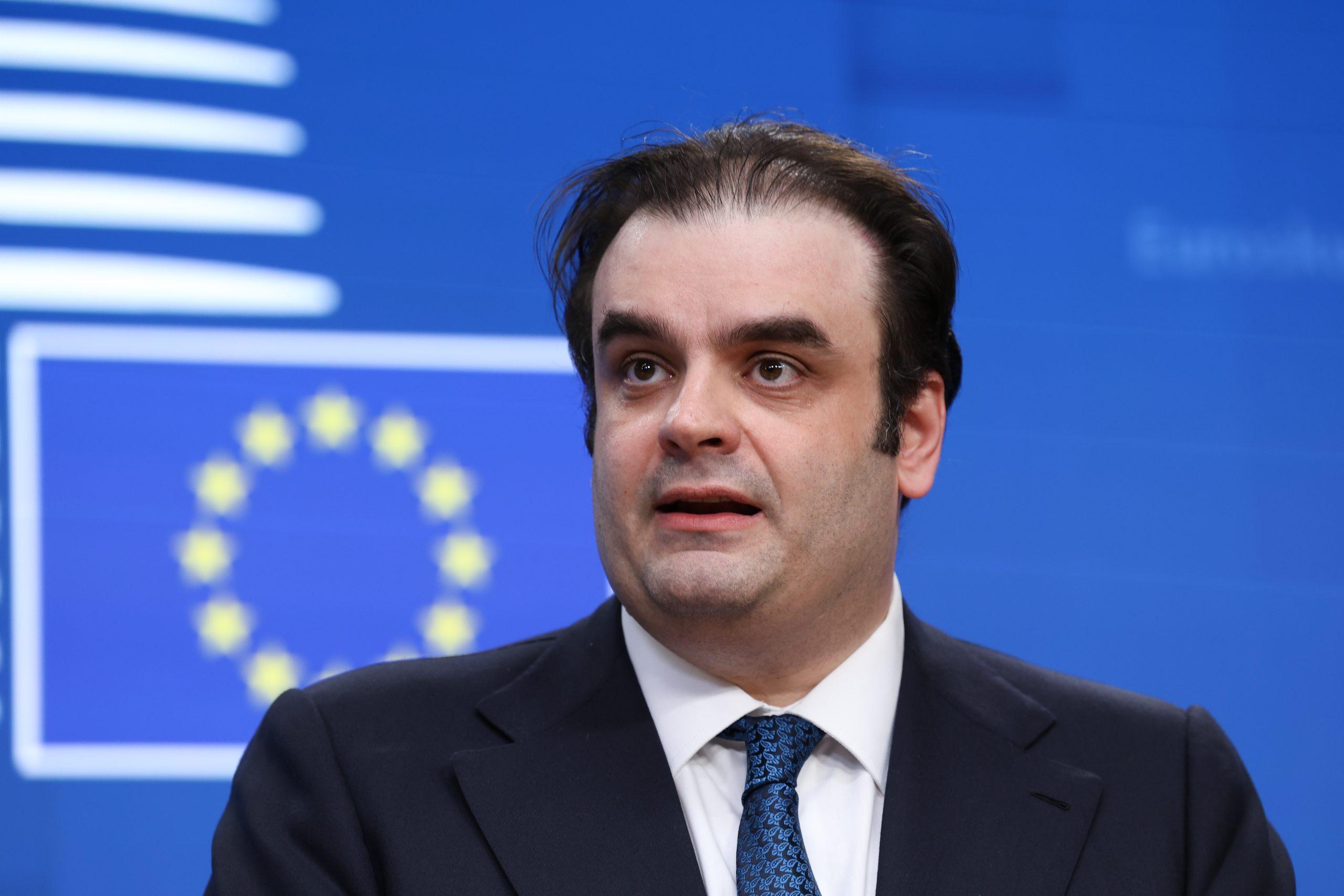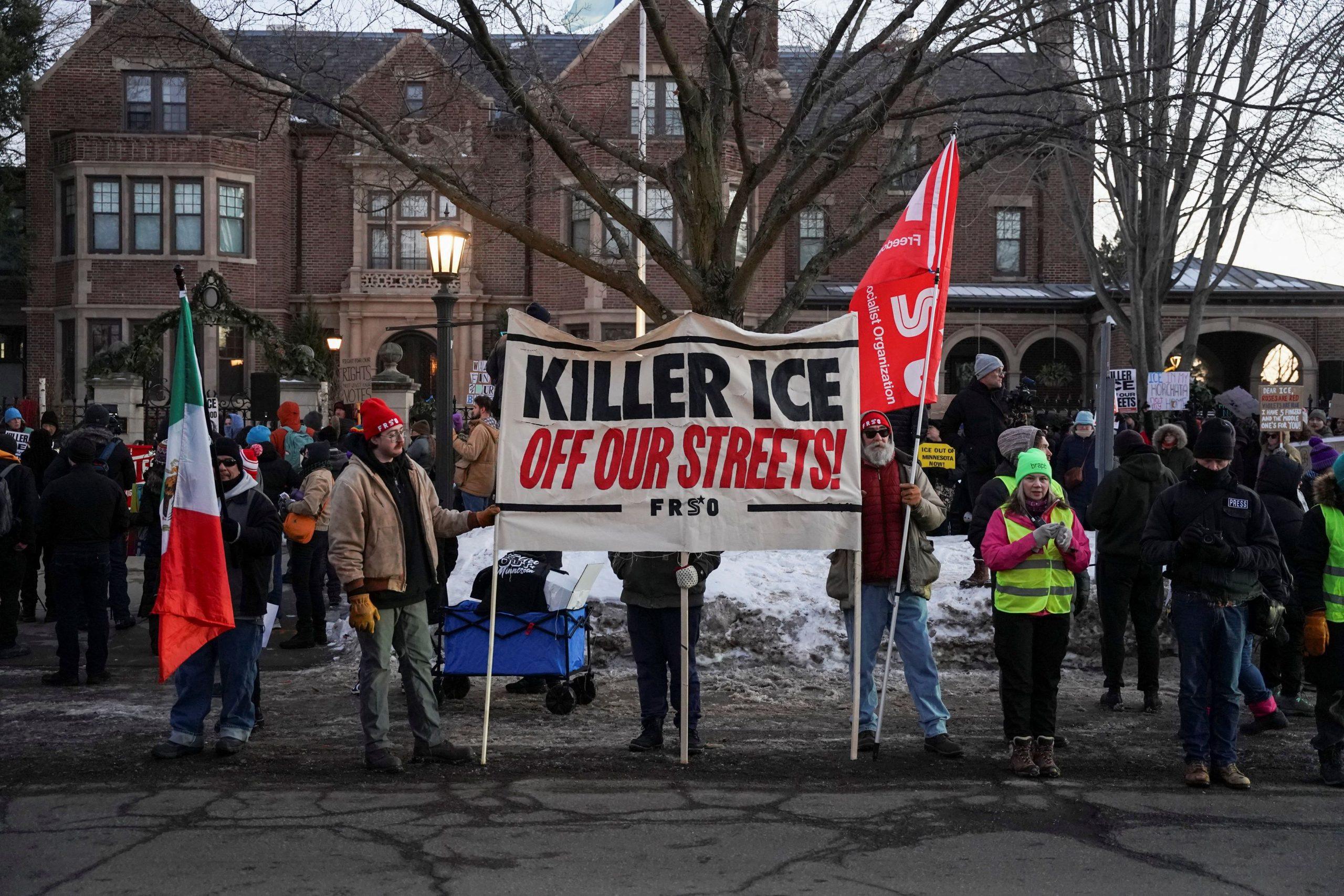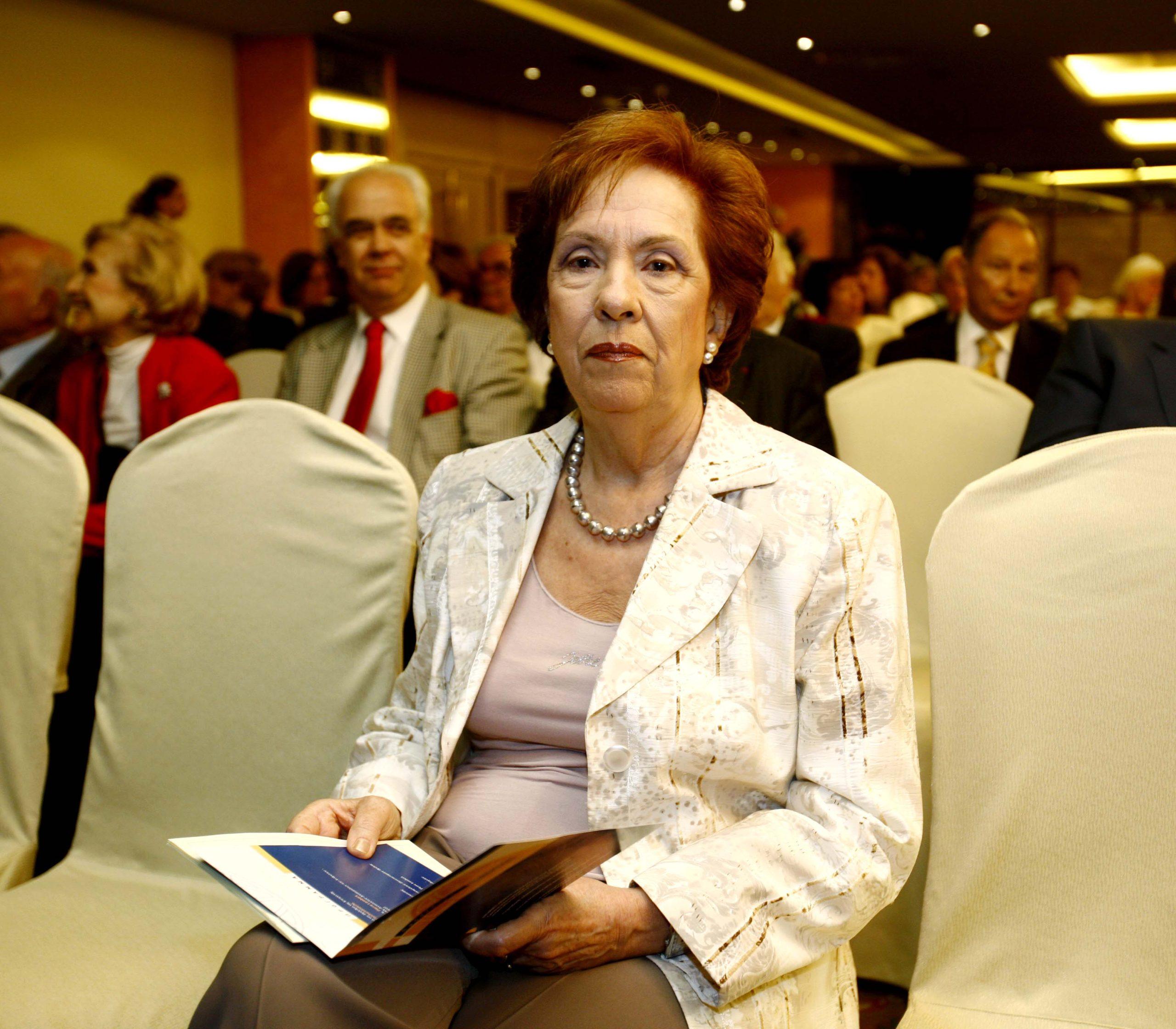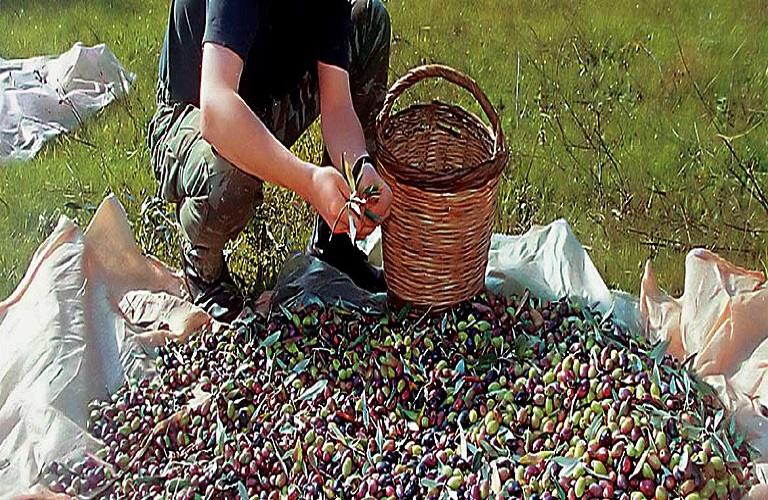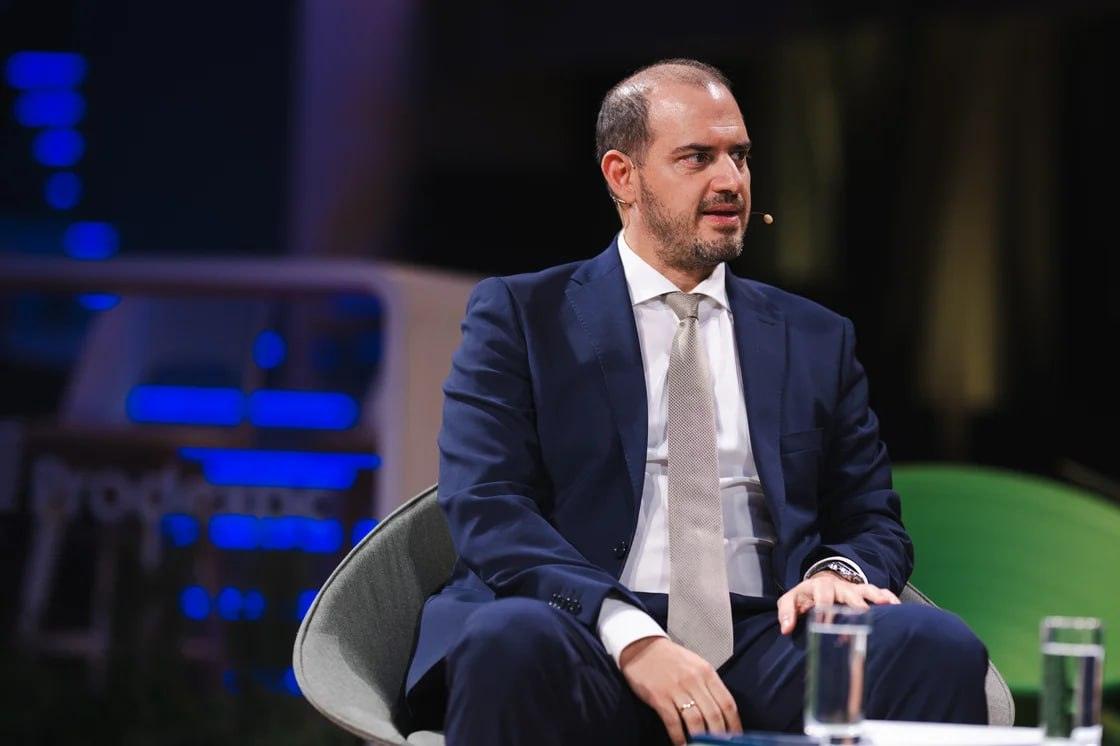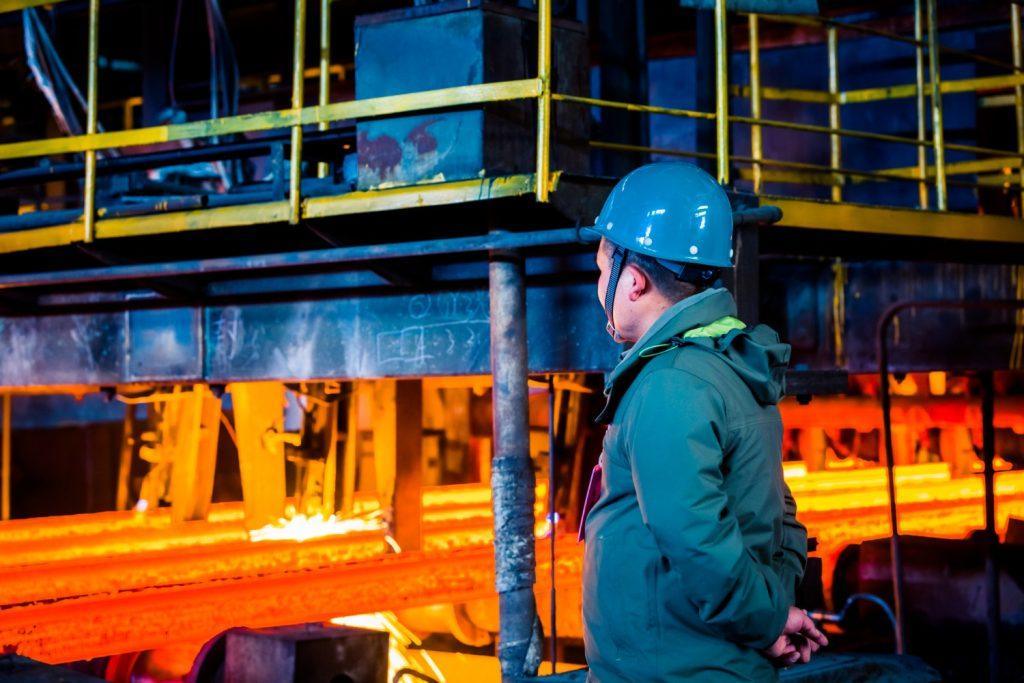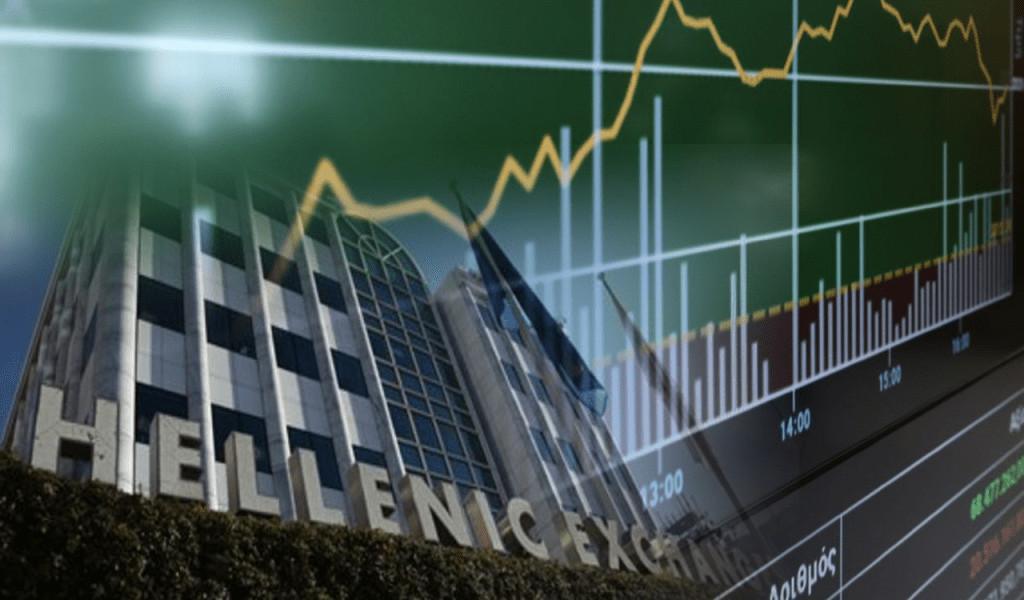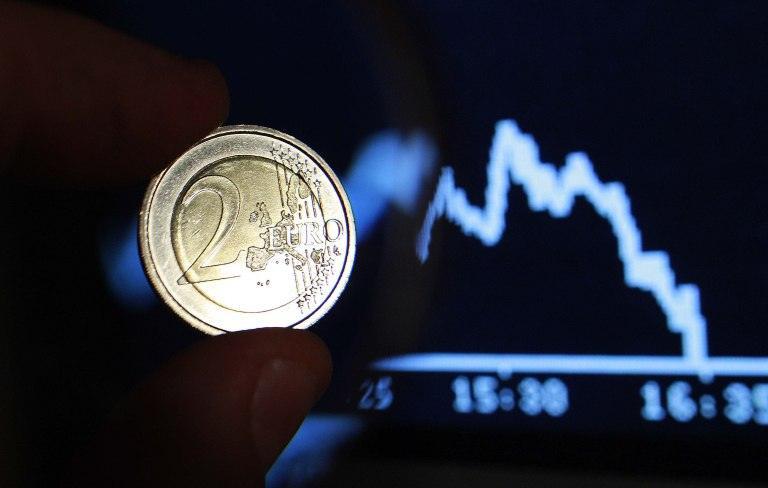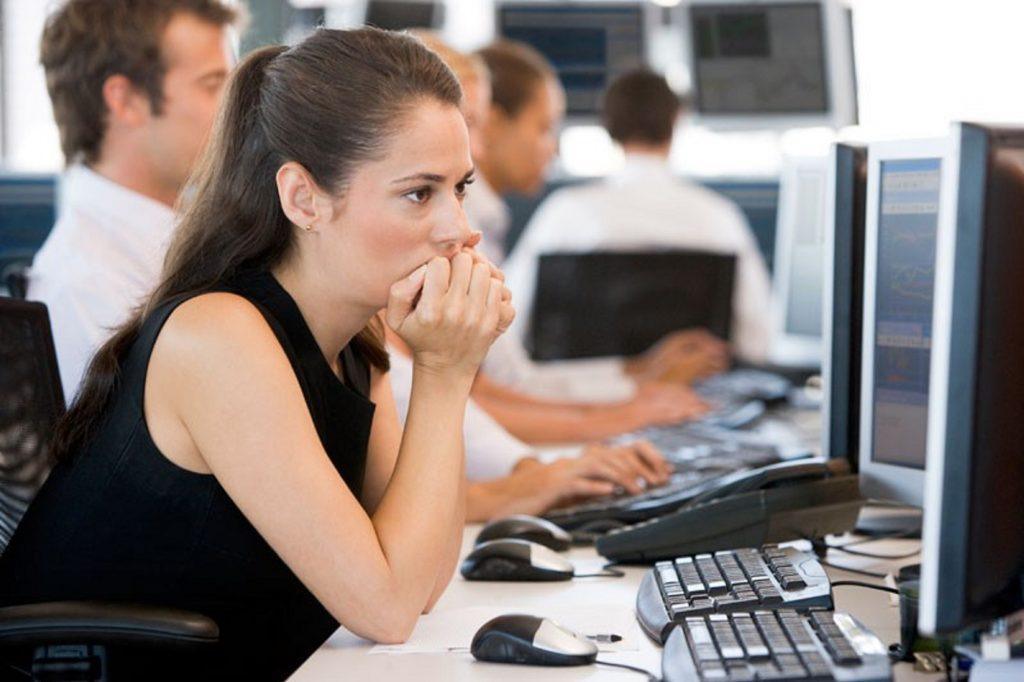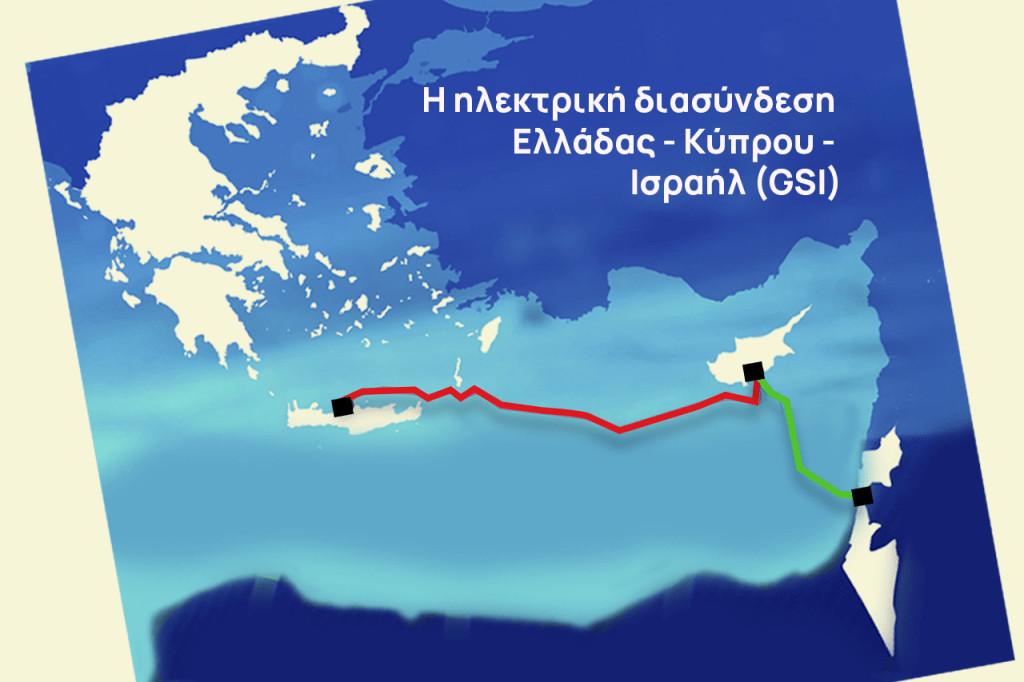Coffee is sold 4-6% more on the shelves of supermarket chains, while in restaurants there have been increases ranging from 5% to 20%. However, individual professionals, especially in the region, have raised prices by up to 33%.
Espresso coffee in a plastic cup now costs from 1.80 to 2.30 euros when in the summer its price ranged from 1.50 to 2 euros, while in terms of coffee served at establishments from 2.80 – 3 euros the prices have risen to 3 , 30-3.70 euros, while depending on the area it can top 4 euros.
But we still haven’t seen anything! Ongoing increases in all costs, from raw materials and shipping fares to energy bills and the purchase of packaging materials, as well as the additional costs of removing disposable plastics that will come into our lives from 1 January 2022, bring in the next period a new wave of revaluations.
Professionals in the industry talk about new higher burdens, both in operating costs (energy, packaging materials, etc.), and in raw materials. In the wholesale prices of coffee, the increase is 15%, as they say, emphasizing that in the previous months they had absorbed a large part of the burden, proceeding with small increases of 10-12%.
Even companies that have not raised prices, mainly due to the fact that they had stocks of raw materials, but also the margins to absorb the increased production costs, will do so immediately. Cheaper stocks are running out, while higher energy costs make price hikes inevitable, as further absorption of increases puts at risk the profitability that has already been hit by the restrictive measures.
“An increase of 20-30 minutes in take away coffee is not prohibitive, but surely someone will reconsider if they want to buy the second or third in the day,” says a cafe owner in Kallithea. “In case the final price increases further, the daily habit can become a luxury for many of our customers, however, it remains the cheapest entertainment”, he adds.
Price spike
The reference price for Arabica coffee on the New York Mercantile Exchange rose from $ 1.07 / pound (454g) to about $ 1.95 / pound on an annual basis. Green bean prices for the Arabica variety have risen by more than 80% over the past year.
On the other hand, the increase for Robusta grains exceeded 30%, while it may not be excluded that prices will record a new rise in the coming months. The reason is the extreme weather events that hit Brazil, by far the largest coffee producer in the world, and the severe restrictions due to Covid-19 in Vietnam, which have put a brake on exports.
And an environmental end from the New Year
In addition to the increases due to the raw material, the consumer price will change again in two months due to the environmental protection levy on plastic products, which are available from catering companies as food and beverage packaging for sale as well as from retail companies. trade selling food and beverages.
Specifically, from January 1, 2022, consumers will pay a fee of 4 eurocents per plastic container (plus VAT), while plastic lids will be considered as separate products even if they are available along with the container.
This amount, which will be rung up separately in the cash register, in addition to the cost of coffee, will be reimbursed directly to the Independent Public Revenue Authority and will end up in the Green Fund.
In case the consumer does not want to be burdened with the environmental protection contribution, he can make use of his own packaging, as is the case with reusable bags in supermarkets.
In addition, catering companies are required to indicate in a prominent place that reusable alternatives are available, in order to avoid the consumption of disposable plastic products.

